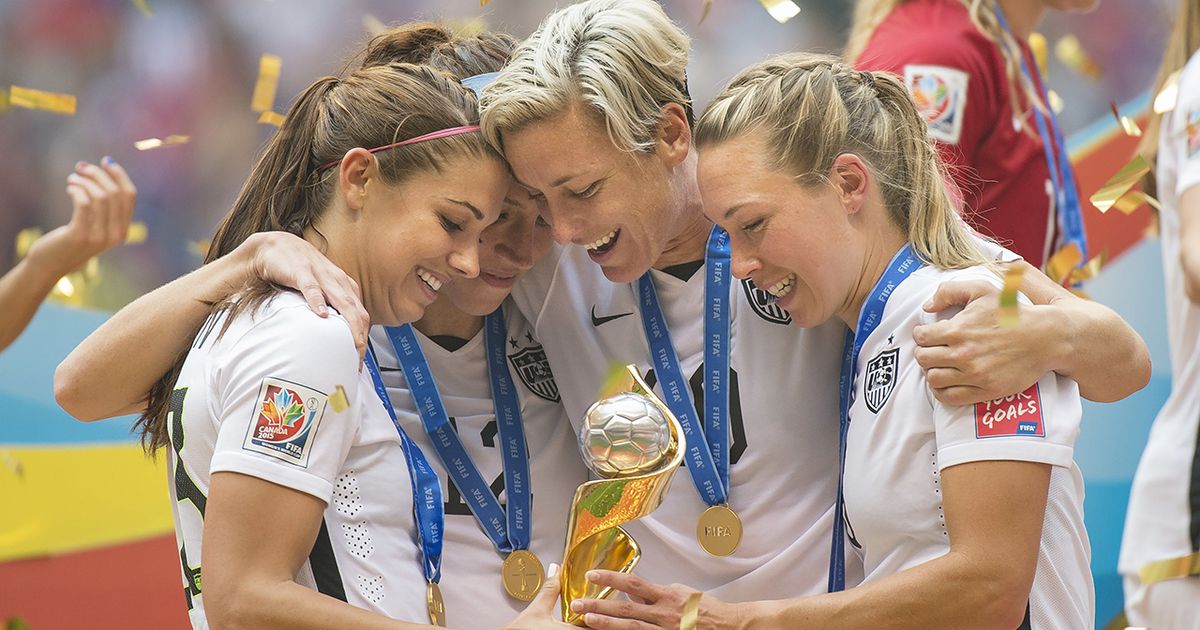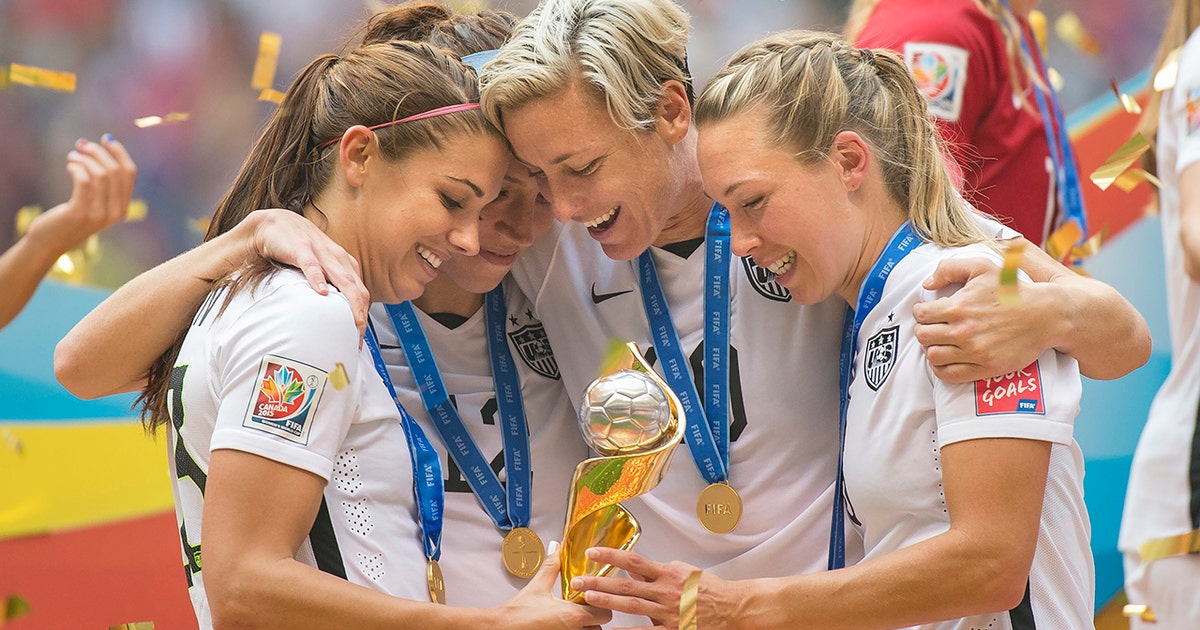Repeating as World Cup champs is all but impossible, but the USWNT is ready for the challenge


LYON, France – The United States is women’s soccer’s ultimate powerhouse and an overwhelming favorite to defeat the Netherlands in Sunday’s Women’s World Cup final. Yet, defending the sport’s biggest title is something that has proved near impossible in recent times.
“Historically, it has always been hard,” head coach Jill Ellis told me on Saturday.
Only Germany, which won the trophy in 2003 and 2007, has gone back to back in Women’s World Cup history.
On the men’s side, every single tournament since 1962, when Brazil emerged as a repeat champion, has seen the reigning victor dethroned somewhere along the way.
Jill Ellis on the legacy @USWNT want to leave@FIFAWWC_USA | #FIFAWWC
TV listings ? https://t.co/t64sDOEs52 pic.twitter.com/owJJED7925— FIFA Women’s World Cup (@FIFAWWC) July 5, 2019
There are many reasons for it. Four years between events often leads to roster transition. And competitors naturally seek out ways to either replicate or counteract the methods that produced winning results.
“It happens in all sports,” Carli Lloyd, star of the team’s 2015 triumph, said. “It is hard to get to the top, but it is even harder to stay there. There are a lot of challenges. You’ve got to keep doing the right things in the right ways, but you know that everybody is trying to hunt you down.”
And yet, after surviving the challenge many thought would be their undoing – host nation France in the quarterfinal – and another tough test in semifinal opponent England, here are the Americans once more, set to appear in a third straight final and with momentum firmly behind them.
Four years ago today… #FIFAWWC pic.twitter.com/M5lalyXsFn
— FIFA Women’s World Cup (@FIFAWWC) July 5, 2019
Given the difficulties previous champions have had, how are they making it look so easy?
“We have always looked at this that we want to go out there and attack it and not get too caught up in the statistics of what the past was,” Ellis added. “I don’t look in the rearview mirror too much.
“I have always felt good about this group. There is a very tight focus that you are always optimistic to have as a coach. That’s a big part of what has empowered us to this point. We have had a tough road, so they are battle tested but what I love about them is they are still hungry.”
Women’s soccer’s major tournament schedule is skewed a little strangely. World Cups are always followed by the Olympic Games a year later, then a three-year gap to the next World Cup. The U.S. did suffer disappointment in the wake of their triumph in 2015, crashing out of the Olympics at the quarterfinals stage against Sweden, but were firmly back on track by the time this tournament began.
Focus, footy and sunscreen ☀️
One more day until #USA v #NED pic.twitter.com/qAim0RimUI
— U.S. Soccer WNT (@USWNT) July 6, 2019
Ellis has relied on selective amnesia to brush off setbacks and move forward, and she has smoothly managed levels of transition in the squad. For example, 2015 star Lloyd is now in the twilight of her career and is more of a role player off the bench, while rising stars like Rose Lavelle were barely on the radar four years ago.
“If you try too hard to defend something you are going to get wrapped up in your own head,” Lloyd added. “It is a clean slate. You don’t get any extra points or goals because you won it last time. You have to stayed committed to the process of winning.”
Now that process is potentially just 90 minutes away from coming to fruition.








